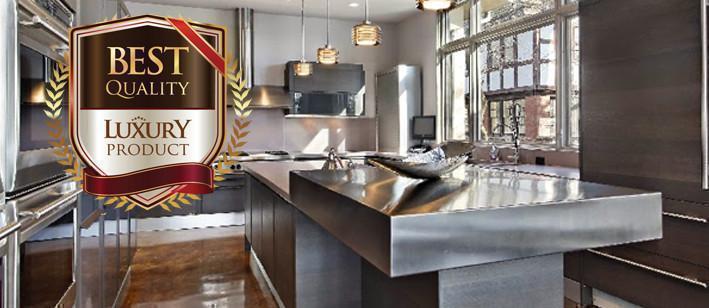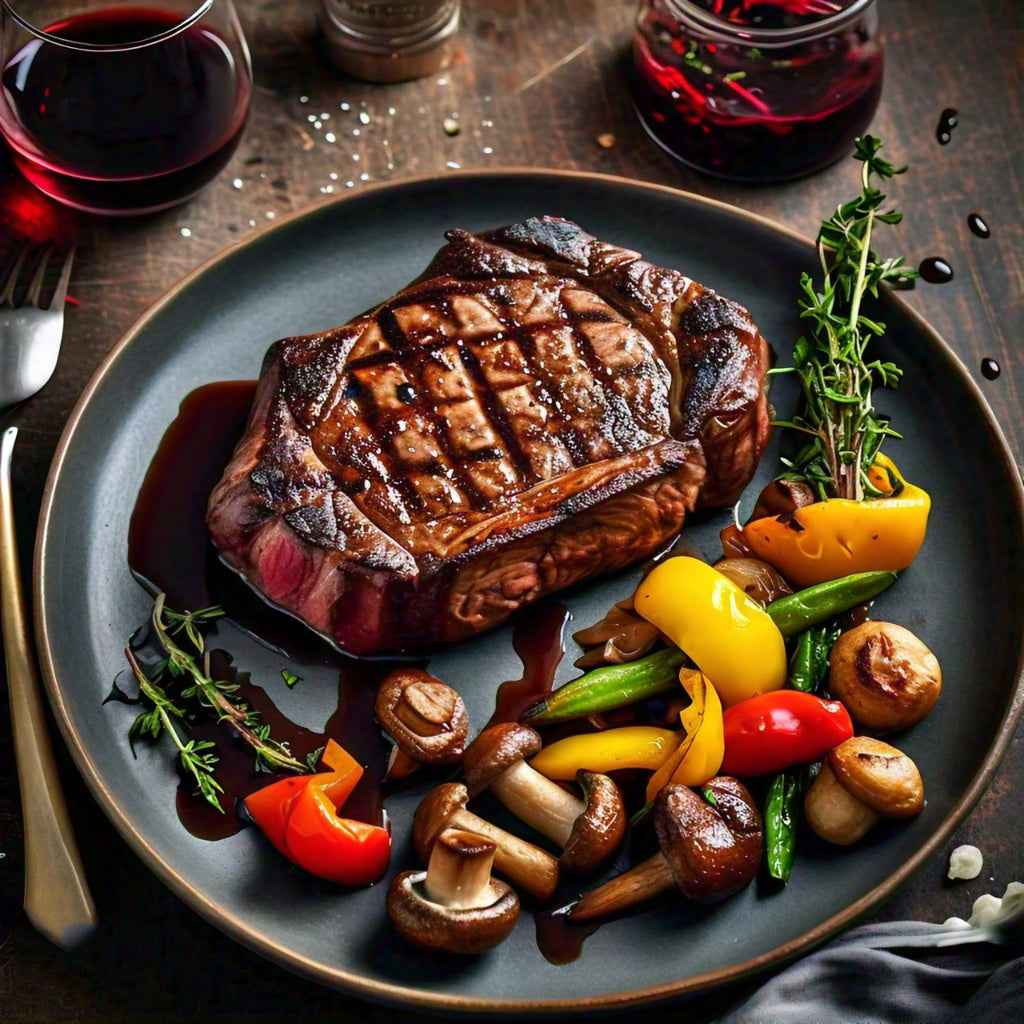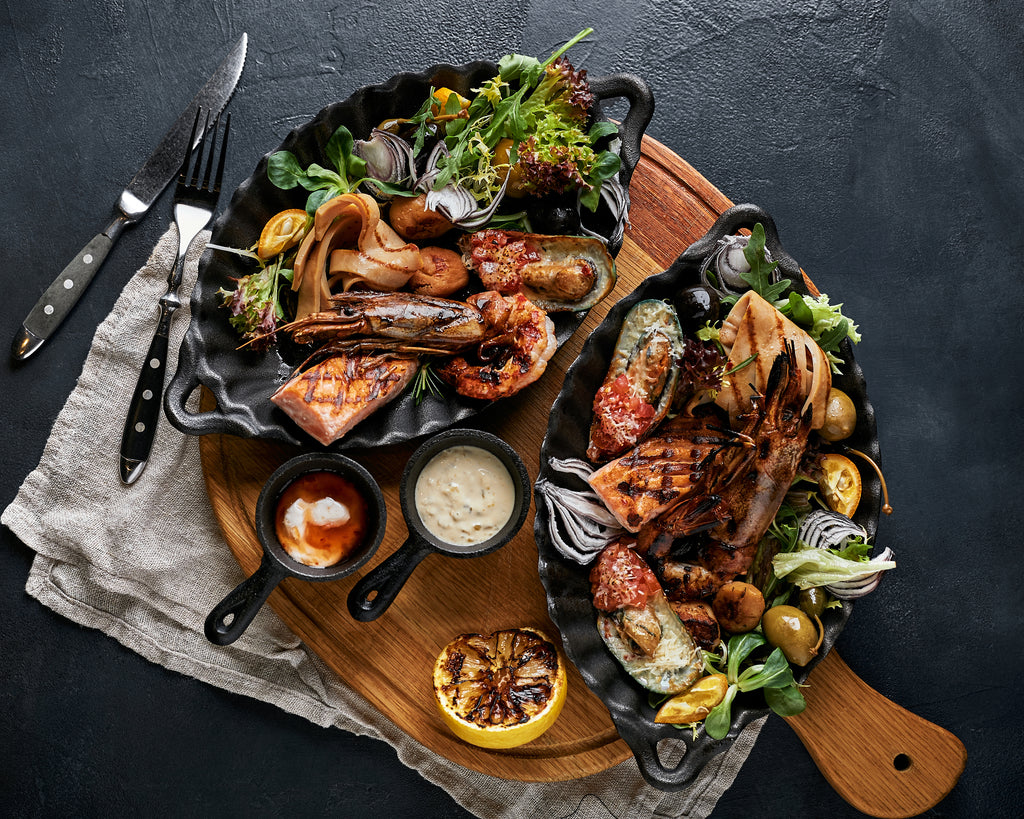How to Hire (and hold onto) your next Head Chef
- Sep 04, 2019
- 0 Comments
Whether you’re a small restaurant owner, a food and beverage manager at a hotel or work in HR, recruiting and retaining kitchen staff can be an absolute nightmare. The difficulties in both hiring and holding onto kitchen staff is amplified even more when it comes to employing a head chef, where the stakes are higher and the repercussions could cost you your reputation, or worse.
With labour costs at an all-time high and the hospitality industry having some of the largest staff turnover rates, almost every single foodservice business struggles in the recruitment and retention of their head chefs. The head chef will play a huge part in not only the food you serve, but staff morale, atmosphere and the conduct of the rest of your kitchen staff.
So, what useful tips can be given to ensure you not only hire the right head chef for your business, but retain them for years to come?
Ask the right questions
Preparing for an interview can be more time consuming than conducting the interview itself. But when done correctly, you will walk away from the interview process with an objective view on the right person for the role. Here’s some key question to ask of your candidates plus some general tips for conducting a killer interview:
- “Give me an example of a time when you had an opportunity to improve something in your kitchen. What did you do and what was the result?”
- “Tell me about a time when you had to work with someone who had a very different approach from you on how to get the job done. Did you have open dialogue about the differences and did it have a lasting impact on your relationship with that person?”
- “During a busy service has a colleague ever made a mistake that is going to affect your service wait times? How did you react and how did you resolve the situation?”
General interview tips:
- Always have your questions written down with plenty of room to take notes
- Ask all candidates the same questions – this will allow you to be as objective as possible
- Have a scorecard that allows you to give an objective mark for how the candidate performs (ie. presentation, experience, personable) and make sure you fill this in as soon as your interview ends
The kitchen is key
One of the biggest oversights people have is the role the kitchen will play in both hiring and retaining a head chef. Investing in new or unique commercial kitchen equipment can be a serious draw card for chefs who want to upskill or are looking for a new and exciting challenge. During your first interview, take candidates through the kitchen and highlight the new technology or equipment you have for them to play with – it could be anything from an intelligent self-cleaning combi oven, that lets the chef learn the unique skill of cooking over fire.
This leads onto having a well maintained kitchen. You are more likely to retain good staff if you have a well maintained kitchen. For example, if pilot lights never work (one of the biggest frustrations for chefs) and items are breaking down and taking a long time to be fixed, this brings down the team moral. By having a well maintained and equipped kitchen, team members stay positive and motivated and are therefore likely to stay on the job longer.
Attitude over experience
When hiring your head chef, it might seem like a no brainer to go for the candidate with the better, more extensive industry experience. But when it comes to ensuring you retain your staff for as long as possible, you should always recruit for attitude over experience. You can always train a chef on new equipment or new procedures, but you can’t train passion and attitude. A head chef that is highly skilled but has the wrong attitude could possibly bring down the rest of the team, causing serious problems both inside and out of the kitchen. Think about the culture and environment you want to create in your team and try to recruit a head chef who exemplifies this.
Presentation
We’re not talking about hiring the candidate with the best Windsor knot. When it comes to the presentation of your head chef, it’s important that they embody the overall vibe and aesthetic of your venue. If you are hiring for a corporate or hotel chef role, a neat suit and clean nails will show they share the same values of your venue. If you’re operating a funky Brunswick café, beards, tattoos and tattered clothes are a goer! Knafeh Bakery’s bearded bakers are a perfect example of utilising the presentation of their chefs as a hiring and marketing tool.
Be clear about your expectations
Training new staff is a time consuming and costly exercise, so to ensure you’re not retraining a head chef every six months you must be clear on the expectations and realities of the role. Be honest and clear with what the role entails before you hire – everything from pay, to working hours, team culture and uniform requirements should be clearly explained on the first interview. If there are problems in your workplace culture or processes, be clear about those too – your new employee might have tackled a similar issue in their previous role and can help make a difference! Once your head chef has been on the job for a month, have a catch up meeting to discuss how they are tracking and if they are enjoying the job. Open and honest dialogue is key to retaining your staff.
Provide a safe working environment
It’s shocking how many foodservice venues pay such little attention to workplace safety, especially when it comes to the kitchen where injuries are commonplace. It’s pretty simple – if you want to not only attract the best staff, but have them perform at their best, you must offer them the best working conditions you can. Investing in smarter kitchen equipment that reduces the risk of injury is a great investment in the overall safety of your staff. Look at utilising bratt pans and kettles instead of stock pots or check out deep fryers that have their own inbuilt fryer oil filtration system.
Motivate or terminate
For many head chefs, ten years in the industry feels like a lifetime. It can become tiresome, repetitive and overly demanding, leading to a lack of motivation. To help combat this, let your head chef take a greater role in the training and development of your kitchen staff – something as simple as allowing one staff member a week to set the dinner special can give the staff member great pride in their work and the drive to take greater initiative (and therefore elevate the stress for the head chef). Team dinners, social events and a genuine thank you when your staff work overtime can go a long way in retaining a happy team of chefs.
Looking for that right commercial catering equipment, benchtop, chefs knives, bratt pan, combi oven or even a uniquely designed fitout, simply visit the ICE Group website at www.icegroup.com.au.
You will find endless needs of your professional kitchen equipment or contact us on 02 4228 0100.











